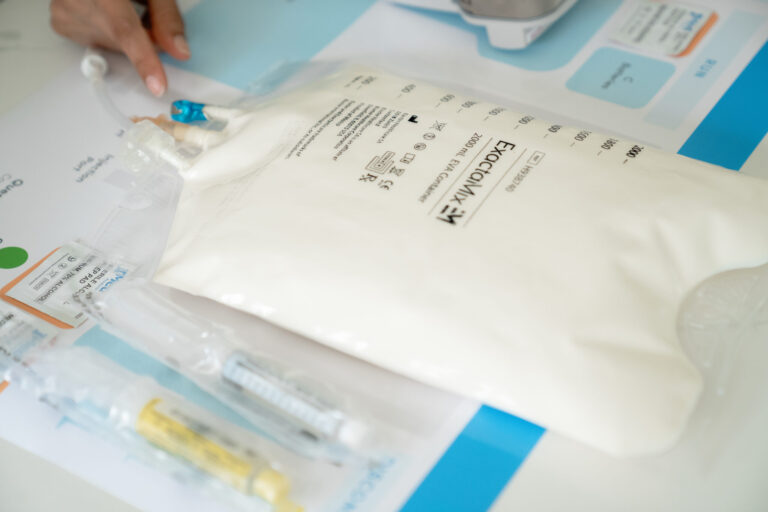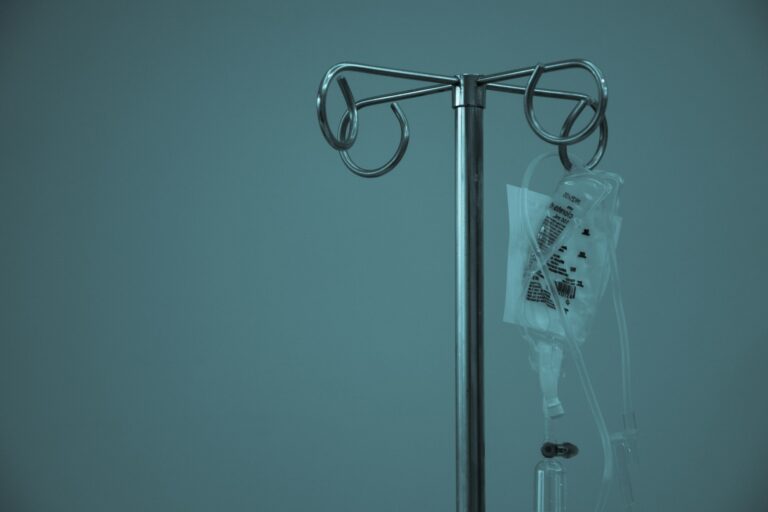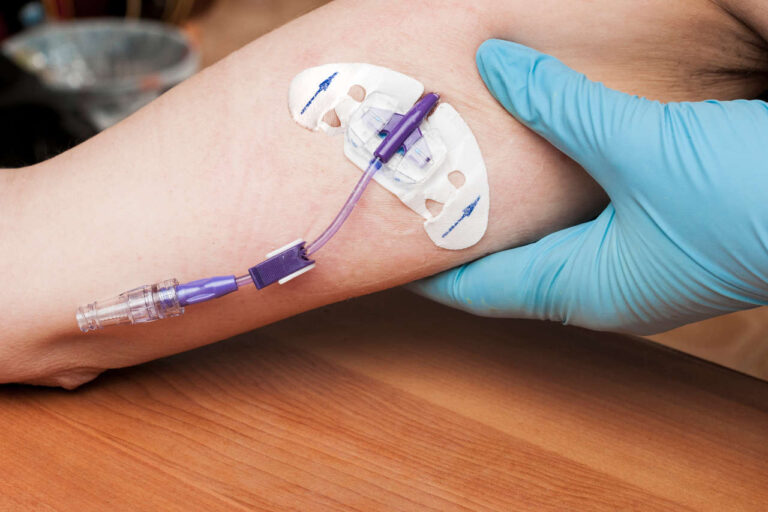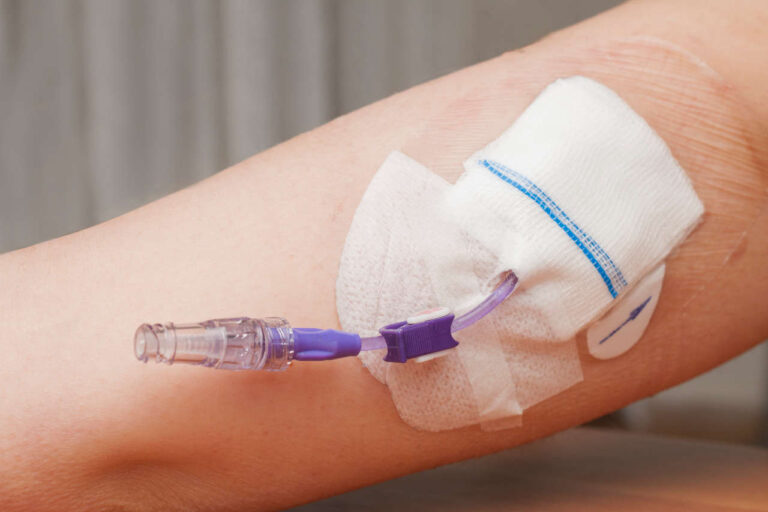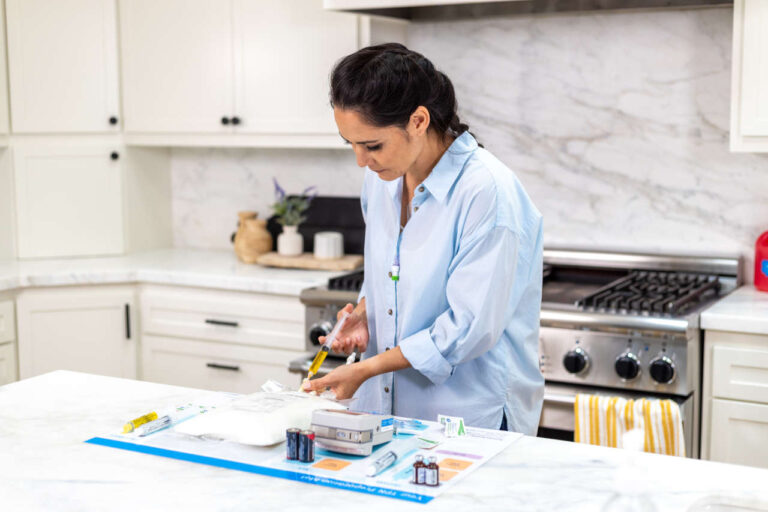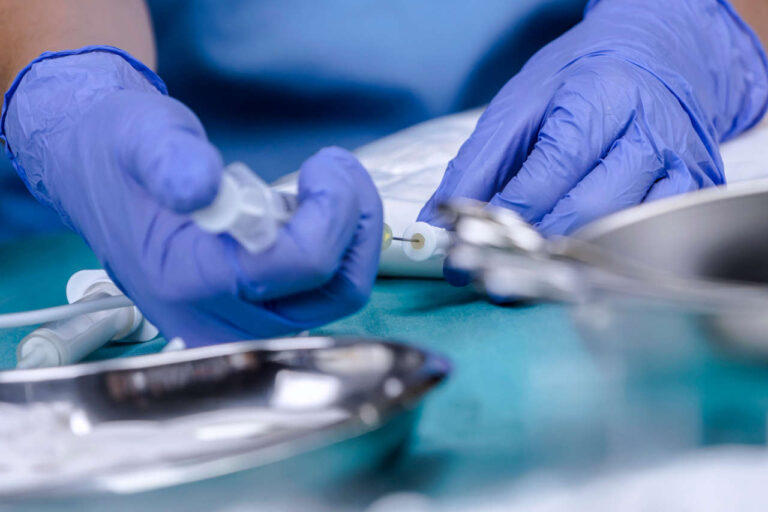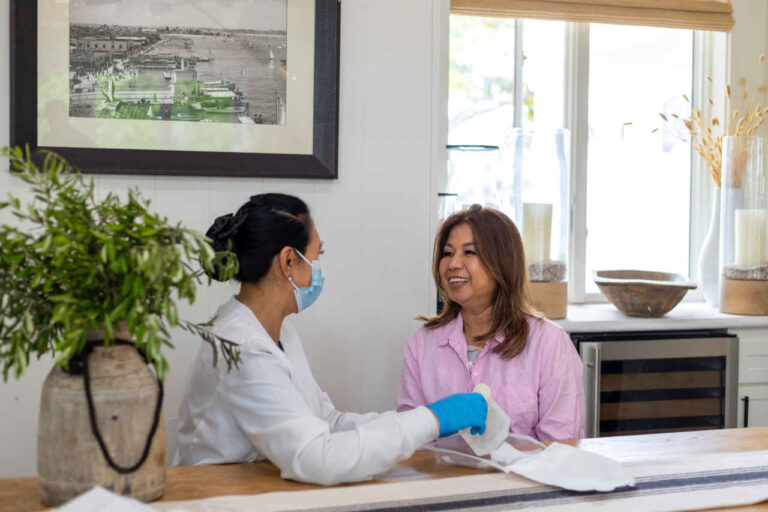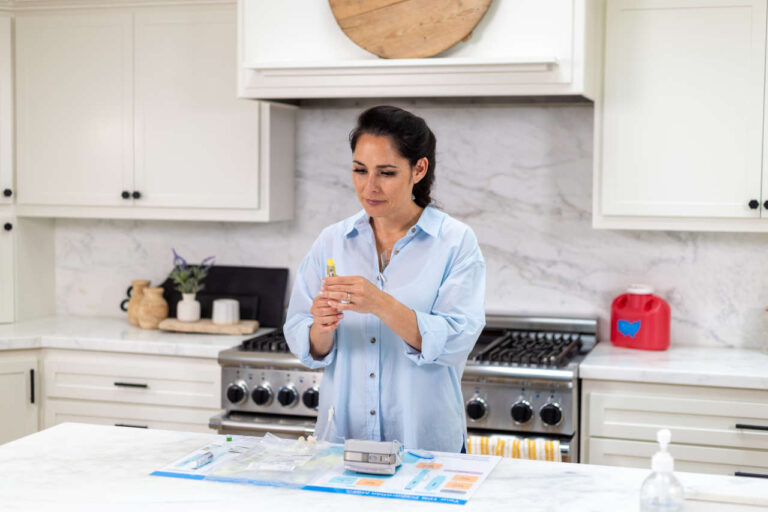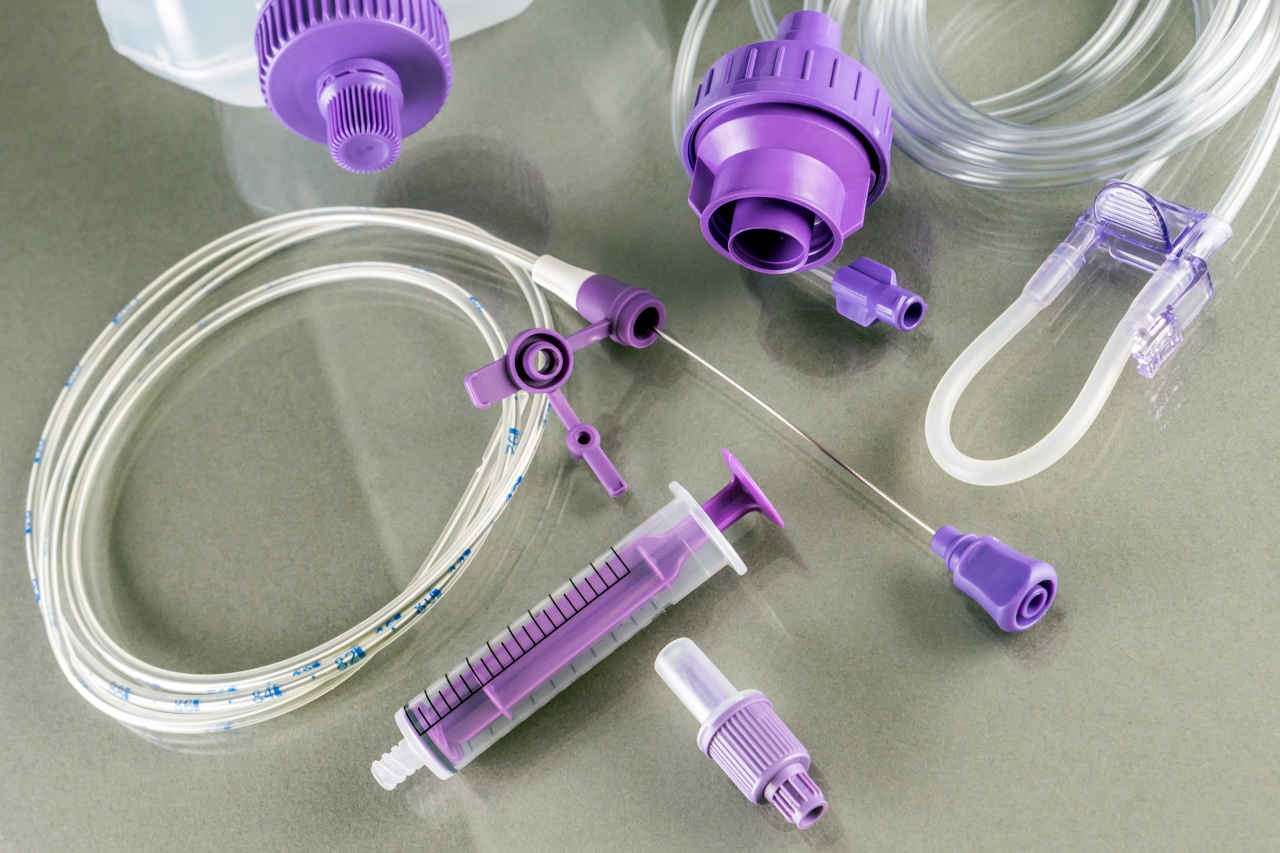
Generally, TPN tubing should be replaced every 24 hours. Changing the tubing reduces the risk of catheter-associated blood infection.
IV Fluids Fully in Stock
Reliable supply for uninterrupted careTotal parenteral nutrition (TPN) delivers all your daily nutrients through a large vein. Because TPN solutions are concentrated and carry a risk of clots in the peripheral veins, they are usually administered through a central venous catheter (CVC).
Over 4 in 10 individuals receiving parenteral nutrition (PN) are children or newborns. About 25,000 individuals receive PN at home [1].
This article discusses how often to change TPN tubing and the reason to do so. Also, you will find answers to the most common questions about TPN.
Frequency of TPN Tubing Change: Understanding the Basics
How often you should change TPN tubing depends on the following factors:
- Manufacturer’s recommendation
- The presence/absence of lipid in the final solution
In general, filters are manufactured for single patient use and should be changed according to the manufacturer’s guidelines. The typical maximum use interval for PN filters is 24 hours for TNAs and dextrose/amino acid formulations; 12 hours for IVFE infused separately) per ASPEN consensus recommendations. These recommendations are for the general population, and should never replace the pharmacist’s professional judgment of special circumstances for the patient.
A Closer Look at the Guidelines
According to the “2014 ASPEN Parenteral Nutrition Safety Consensus Recommendations,” you should [3, 4]:
- Replace the tubing and filter every 24 hours for both all-in-one and 2-in-1 parenteral nutrition.
- Change the set and filter every 12 hours if intravenous fat is administered separately.
If intravenous fat is used for prolonged periods, divide the fat dose into two parts and use a new container and tubing every 12 hours.
The 2016 Infusion Nurses Society (INS) recommends changing the administration set with each new parenteral nutrition container (or at least every 24 hours).
Note: These recommendations are for the general population. So, they should never replace a healthcare professional’s judgment about the specific circumstances of an individual patient.
Why Should You Change TPN Tubing Frequently?
The primary reason to change TPN tubing frequently is to prevent catheter-related bloodstream infections (CRBSI).
CRBSI is a common yet potentially lethal complication of parenteral nutrition. In CRBSI, bacteria originating at the catheter pass to your bloodstream. This triggers your immune system to respond aggressively, causing:
- Fever
- Increased white blood cells
- Dangerously low blood pressure
- Multiple organ failure
Death may occur in 3% to 25% of CRBSI cases [5].
Why Is TPN Tubing Changed More Frequently in Lipid-containing Parenteral Nutrition?
Lipids provide an ideal environment for the growth of bacteria responsible for catheter-related bloodstream infections (CRBSI).
In a 2010 study, Japanese researchers concluded some bacterial species might grow in lipid-containing TPN solutions. They also noted that Candida (a type of fungus) grew rapidly, irrespective of the lipid content [6].
In general, it is safe to assume that lipid-containing solutions are more likely than lipid-free preparations to promote microbial growth.
Ask About TPN Home Infusion
How Often Do You Change Your TPN Filter?
Professional organizations like ASPEN, INS, and the Royal College of Nursing recommend changing the TPN filter every:
- 24 hours for all-in-one solutions.
- 12 hours for undiluted lipids.
How Many Times Can You Reuse IV Tubing?
You should NEVER reuse IV tubing, syringes, or needles.
REFERENCES:
- ASPEN | What Is Parenteral Nutrition. www.nutritioncare.org/about_clinical_nutrition/what_is_parenteral_nutrition.
- UNC Health Care. Infection Control Manual. https://spice.unc.edu/wp-content/uploads/2018/05/Intravascular-Catheter-Related-Infections-IC0032.pdf
- Ayers, Phil; Adams, Stephen; Boullata, Joseph; Gervasio, Jane M.; Holcombe, Beverly; Kraft, Michael D.; Marshall, Neil; Neal, Antoinette; Sacks, Gordon; Seres, David S.; Worthington, Patricia; and American Society for Parenteral and Enteral Nutrition, “A.S.P.E.N. Parenteral Nutrition Safety Consensus Recommendations” (2014). Scholarship and Professional Work – COPHS. 1. https://digitalcommons.butler.edu/cophs_papers/1
- Gill, Marianne et al. “Filtering Out the Facts: Recommendations to Optimize Performance of In-Line Filters for Parenteral Nutrition and Injectable Lipid Emulsion Infusions.” Journal of infusion nursing : the official publication of the Infusion Nurses Society vol. 45,3 (2022): 137-141. doi:10.1097/NAN.0000000000000464
- Stephen Fletcher, Catheter-related bloodstream infection, Continuing Education in Anaesthesia Critical Care & Pain, Volume 5, Issue 2, April 2005, Pages 49–51, https://doi.org/10.1093/bjaceaccp/mki011
- Kuwahara, Takashi et al. “Growth of microorganisms in total parenteral nutrition solutions containing lipid.” International journal of medical sciences vol. 7,3 101-9. 18 May. 2010, doi:10.7150/ijms.7.101


